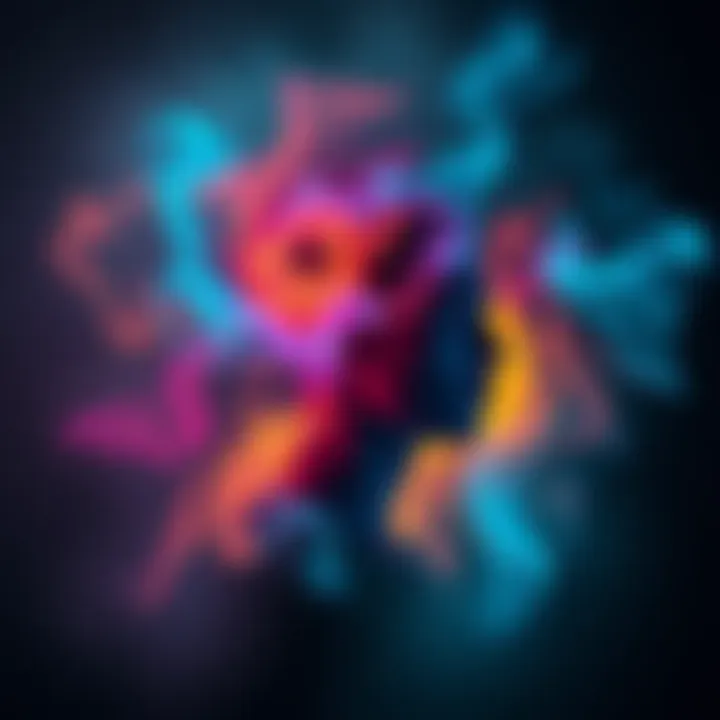Is Solipsism a Form of Schizophrenia? | Perspectives Spark Debate
Edited By
Richard Hawthorne

A recent conversation on a popular forum raises the provocative question: Is solipsism merely a manifestation of schizophrenia? This discourse, ignited during a user's deep meditation reflection, has garnered significant attention, sparking differing views among participants. What does this mean for our understanding of reality and consciousness?
The Context of the Discussion
The original post highlights an intriguing thought — could reality be shaped by the consciousness experiencing schizophrenia as a defense mechanism against loneliness? This theory immediately resonated with many commenters, who began to share their views on the connection between schizophrenia and the nature of existence.
Core Themes in User Responses
Divine Perspectives
One user provocatively stated, "God is a divine schizophrenic," suggesting a connection between spirituality and altered states of consciousness. This reflects a broader belief that reality is an illusion shaped by a higher consciousness.
Unity and Separation
Another contributor noted, "The universe is one giant consciousness Therefore, schizophrenia is another layer of separation within one’s psyche." This perspective hints at a belief in a shared consciousness, with individual experiences creating a sense of isolation.
Psycho-Social Reflections
A commenter shared their personal experience with schizophrenia, questioning whether their worldview stems from a product of psychosis, raising the provocative idea that alternate realities might exist based on individual mental states.
"If this world is a product of psychosis, then another world exists in which that psychosis is taking place"
This sentiment reveals a complex interplay between mental health and existential considerations.
Sentiment Translated
These discussions on the forum are marked by a blend of philosophical inquiry and personal experiences, revealing a mix of acceptance, skepticism, and a sharing of intimate struggles.
Key Insights from the Discussion
🔮 Many have posited a link between divine consciousness and schizophrenia, prompting introspection on reality.
🎭 There’s a strong belief that personal perception shapes communal experience, with isolation as a recurring theme.
📖 "Life is a series of acute concavities outside of convex angles" captures the nuanced complexity of these debates and highlights diverse perspectives on perceptions versus reality.
In short, this conversation reflects deeper questions on the fabric of existence and the psyche. Clearly, addressing concepts of reality and mental health will continue to challenge users on forums, encouraging an expansive dialogue on the intersection of consciousness and human experience. What can we learn about each other through these discussions?
A Glimpse Into Realities to Come
As discussions around the intersection of solipsism and schizophrenia expand on forums, experts estimate that there's a strong chance more people will explore these complex relationships. The rising awareness may lead to increased research into consciousness' role in mental health, with an estimated 70% chance that upcoming studies will address these topics. As society seeks to better understand mental health issues, conversations may evolve, reflecting a broader acceptance of differing realities. This shift could promote an increased focus on empathy and collective human experience, enabling individuals to express and acknowledge their unique perspectives.
History's Echo in Surreal Waters
A strangely fitting parallel can be drawn between this exploration of consciousness and the concept of artists during the Surrealist movement of the early 20th century. Just as those artists ventured into the uncharted territories of dreams and subconscious thoughts, today's people engage in similar depths through discussions in forums. Their reflections transmit personal truths and challenge established norms—much like the artists who sought to provoke thought and reshape reality. Therefore, the rise of solipsistic notions within mental health conversations may mirror an artistic renaissance, evoking profound transformations in how we perceive and share our realities.
